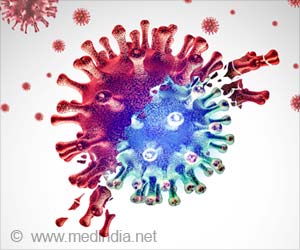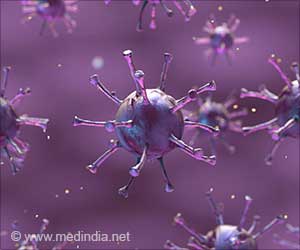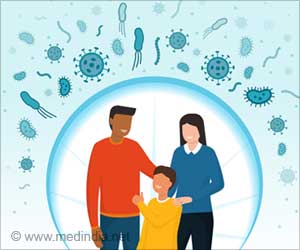Leronlimab from CytoDyn is a promising candidate for the treatment of COVID-19 and is currently forecast by GlobalData to have peak sales of $747m in 2026.

‘Leronlimab could soon be one of the leading COVID-19 drugs by development stage. It is being investigated in two clinical trials for its efficacy and safety.’
Read More..




Johanna Swanson, Product Manager at GlobalData, comments: “Leronlimab Is currently in Phase III development for COVID-19, making it one of the leading COVID-19 drugs by development stage. Leronlimab is being investigated in two COVID-19 clinical trials - one study plans to recruit 75 subjects and the other 390 subjects.”Read More..
New recent research proved that leronlimab can decrease viral load in plasma and helps improve the immune system of COVID-19 patients. According to IncellDx, severely ill patients saw increased immune restoration and extubation within seven days of treatment.
Swanson continues: “While these results are promising, they are based on a small sample size of ten patients. Larger placebo-controlled clinical trials will need to be done to confirm these initial results.”
Leronlimab is the new experimental humanized immunoglobulin (Ig)G4 monoclonal antibody medication that was originally developed as a treatment for human immunodeficiency virus (HIV).
It targets CCR5, a molecular portal that HIV uses to enter cells. It has recently reached a milestone in securing quick designation from the FDA for treating HIV.
Advertisement
Advertisement







